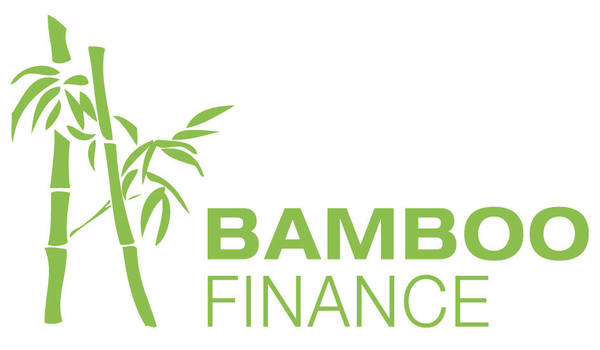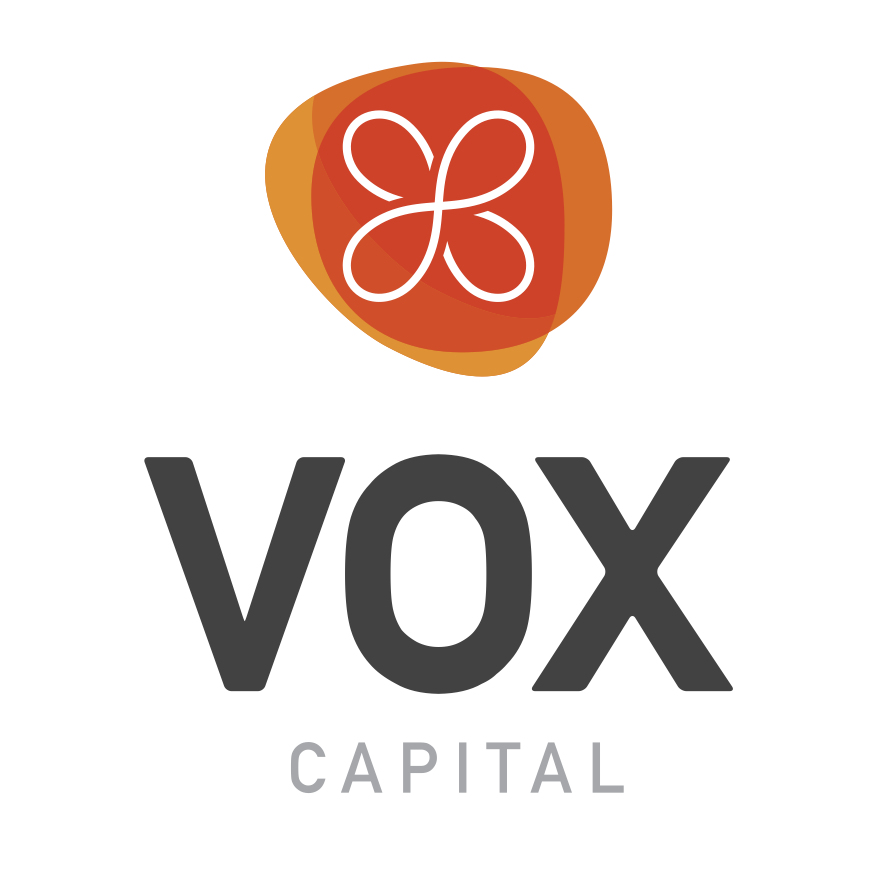The challenge of financial inclusion is far from being won. According to the Global Findex, over 2 billion people – nearly 40% of the world’s adult population – live without access to basic financial services.
Being financially excluded is connected to income level, which is proved by the fact that the majority of poor people (73%) are unbanked (with no checking/savings account) because of costs, travel distances and difficult-to-fulfil requirements to open a bank account. For them, access to finance means making longer-term consumption and investment decisions, participating in productive activities, investing in education, health and enterprises, managing risk, definitely living a better present and investing in a safer future.
A problem not only experienced in the poorest countries: according to data, in the US about 88m people, are either unbanked or underbanked (who rely on non-traditional forms of finance and micro-finance).
To solve this global issue, a report released in April 2016 by the Committee on Payments and Market Infrastructures (CPMI) and the World Bank Group, titled “Payment aspects of financial inclusion“, set out seven guiding principles to help countries increase financial inclusion.
These include:
(i) commitment from public and private sector organisations;
(ii) a robust legal and regulatory framework underpinning financial inclusion;
(iii) safe, efficient and widely reachable financial and ICT infrastructures;
(iv) transaction accounts and payment product offerings that effectively meet a broad range of transaction needs;
(v) availability of a broad network of access points and interoperable access channels;
(vi) effective awareness and financial literacy efforts; and
(vii) the leveraging of large-volume and recurrent payment streams, including remittances, to advance financial inclusion objectives.
The report also suggests possible actions, including providing basic accounts at little or no cost, stepping up efforts to increase financial literacy, and leveraging large-volume payment programs, such as government payments, by adopting electronic payment services.
Over the past several years, various types of financial services providers including non-government and community-based development entities, commercial banks, insurance and credit-card companies, TLC and wire services, post offices, and other businesses providing point–of-sale (POS) access, have developed and offer new products for “financially excluded” people.
It’s clear that new products, solutions and business models have become possible due to tech innovation, in primis, due to the relentless adoption of smartphones in every corner of the planet.
Given all of this, tech companies – along with other non-bank players – are leading the way in building businesses targeting underserved people more than traditional operators.
Without considering VCs taking an opportunistic approach in huge underserved markets, some impact investors support companies, organizations, and funds with the aim of generating a measurable, beneficial social or environmental impact alongside a financial return. Among other investment areas, some firms specifically focus on financial inclusion via defined initiatives supporting companies that want to challenge this far-from-being solved issue. Let’s have a look at some of them.
 Accion, the global nonprofit dedicated to enabling everyone get access to financial tools they need to improve their lives, recently launched The Venture Lab, an investment initiative that provides patient seed capital and support to innovative financial inclusion startups.
Accion, the global nonprofit dedicated to enabling everyone get access to financial tools they need to improve their lives, recently launched The Venture Lab, an investment initiative that provides patient seed capital and support to innovative financial inclusion startups.
The program typically invests $100k to $500k in equity or quasi-equity instruments, depending on needs and circumstances, even co-investing with other players, particularly for later-stage investment into portfolio companies.
In addition to support from the team, backed companies may get connected to Accion’s in-house technical experts (technology, risk management, etc.), microfinance teams and customers from partner institutions around the world, and the global banking and investing community.
Backed companies include Aire Labs, Artoo, AYE Finance, Clip, Coda Payments, Community Investments Management, CreditMantri, Demyst Data, eMoneyPool,
First Access, GO Finance, Intoo, Konfio, Kopo Kopo, LendStreet, MeraDoctor, Quippi, Revolution Credit, Salud Facil, SMECorner, Street Shares, Tienda Pago, Umati Capital and Varthana.
 Omidyar Network, the philanthropic investment firm established in 2004 by Pam and Pierre Omidyar, focuses on investing in and helping scale innovative organizations to catalyze economic and social change. Among other investment areas, the firm is dedicated to extending access to affordable financial services to the poor providing capital, expertise, guidance and introductions to assist in areas such as strategy, leadership, operations, and governance—serving on the boards of most of our portfolio organizations. It operates both as a direct investor and fund-of-funds.
Omidyar Network, the philanthropic investment firm established in 2004 by Pam and Pierre Omidyar, focuses on investing in and helping scale innovative organizations to catalyze economic and social change. Among other investment areas, the firm is dedicated to extending access to affordable financial services to the poor providing capital, expertise, guidance and introductions to assist in areas such as strategy, leadership, operations, and governance—serving on the boards of most of our portfolio organizations. It operates both as a direct investor and fund-of-funds.
Companies in portfolio includes Cignifi, eCurrency Mint, GuiaBolso, IntelleGrow, Juntos, Lenddo, Lenddo, Mimoni, NeoGrowth, Paga, Rêv, MFX Solutions, MicroEnsure, MicroEnsure, Revolution Credit, Ruma, Segovia, Tandem Bank, Varthana, Vistaar Finance, Zest, Zoona. etc.
Backed funds include below mentioned Core Innovation Capital, Elevar Equity, and LeapFrog Investments.
 Founded in 2009 with the goal to democratize entrepreneurship, Village Capital operates business development programs for early-stage entrepreneurs in agriculture, education, energy, financial inclusion, and health. Its recently launched affiliated, for-profit investment fund, VilCap Investments, then invests in the two top-ranked graduates from each program. In the field of financial inclusion, it invested in Billpocket, eMoneyPool, WiseBanyan, Credilikeme and Lipisha.
Founded in 2009 with the goal to democratize entrepreneurship, Village Capital operates business development programs for early-stage entrepreneurs in agriculture, education, energy, financial inclusion, and health. Its recently launched affiliated, for-profit investment fund, VilCap Investments, then invests in the two top-ranked graduates from each program. In the field of financial inclusion, it invested in Billpocket, eMoneyPool, WiseBanyan, Credilikeme and Lipisha.
 LeapFrog Investments invests in businesses in Africa and Asia which today reach 82.3 million people across 21 emerging markets leveraging a distinctive approach called “profit with purpose”. Its Financial Inclusion Fund II has invested in Jumo, Africa’s first mobile money marketplace, Reliance Capital Management, the financial supermarket for Indonesia’s mass-market, Magma, an Indian financial services group, IFMR Capital, which provides a dynamic link between debt capital markets and debt originators in India.
LeapFrog Investments invests in businesses in Africa and Asia which today reach 82.3 million people across 21 emerging markets leveraging a distinctive approach called “profit with purpose”. Its Financial Inclusion Fund II has invested in Jumo, Africa’s first mobile money marketplace, Reliance Capital Management, the financial supermarket for Indonesia’s mass-market, Magma, an Indian financial services group, IFMR Capital, which provides a dynamic link between debt capital markets and debt originators in India.
 Elevar Equity is an investor focused on backing entrepreneurs who deliver innovative market-based solutions to disconnected communities underserved by global networks such as financial, communication, information and market systems. The firm, which has offices in Seattle, WA, Bogota, Colombia, and Bangalore, India, has backed 24 companies across 7 countries including Afluenta, Indifi, CreditMantri, Finae, and Varthana.
Elevar Equity is an investor focused on backing entrepreneurs who deliver innovative market-based solutions to disconnected communities underserved by global networks such as financial, communication, information and market systems. The firm, which has offices in Seattle, WA, Bogota, Colombia, and Bangalore, India, has backed 24 companies across 7 countries including Afluenta, Indifi, CreditMantri, Finae, and Varthana.
 Global investment firm Bamboo Finance supports innovative companies addressing basic human needs and where social and economic progress can be achieved simultaneously. In the field of financial inclusion, Bamboo backs Microfinance and SME banks in high-growth markets that facilitate access to financial services for consumers and micro, small and medium-sized enterprises (MSME) through the adoption of mobile technology and low-cost data. It specializes in transforming microcredit companies into Microfinance and SME Banks, devising national expansion strategies of newly licensed banks and development of new delivery networks of financial services to remote areas. It recently invested $6m in MovilRed, the largest Banking Correspondent Agent network in Colombia with more than 85,000 agents.
Global investment firm Bamboo Finance supports innovative companies addressing basic human needs and where social and economic progress can be achieved simultaneously. In the field of financial inclusion, Bamboo backs Microfinance and SME banks in high-growth markets that facilitate access to financial services for consumers and micro, small and medium-sized enterprises (MSME) through the adoption of mobile technology and low-cost data. It specializes in transforming microcredit companies into Microfinance and SME Banks, devising national expansion strategies of newly licensed banks and development of new delivery networks of financial services to remote areas. It recently invested $6m in MovilRed, the largest Banking Correspondent Agent network in Colombia with more than 85,000 agents.
 In Brazil, Vox Capital invests in high potential companies that impact the society through solutions for the country’s health, education and financial services issues. In fintech, it backs companies developing products targeted at improving the credit, insurance, saving life of people at the Bottom of Pyramid via mobile, correspondent banking, and e-wallet models.
In Brazil, Vox Capital invests in high potential companies that impact the society through solutions for the country’s health, education and financial services issues. In fintech, it backs companies developing products targeted at improving the credit, insurance, saving life of people at the Bottom of Pyramid via mobile, correspondent banking, and e-wallet models.
To date, it has invested in Avante, which offers financial solutions to micro and small enterprises.
 In US, LA-based Core Innovation Capital invests in fintech companies that create economic mobility for the American middle class. Portfolio companies include BankingUp, CoverHound, HonestDollar, Mayvenn, Oportun, (fka Progreso Financiero), NerdWallet, SavvyMoney, Mirador, Payjoy, Ripple, Vouch, etc.
In US, LA-based Core Innovation Capital invests in fintech companies that create economic mobility for the American middle class. Portfolio companies include BankingUp, CoverHound, HonestDollar, Mayvenn, Oportun, (fka Progreso Financiero), NerdWallet, SavvyMoney, Mirador, Payjoy, Ripple, Vouch, etc.
![]() In the corporate world, American Express Ventures acts as the strategic investment group within American Express seeking to invest in innovative startups across the globe in order to enhance the company’s core capabilities and accelerate its efforts in digital commerce and financial inclusion. Among others, backed companies include Abra, Cignifi, and Clip.
In the corporate world, American Express Ventures acts as the strategic investment group within American Express seeking to invest in innovative startups across the globe in order to enhance the company’s core capabilities and accelerate its efforts in digital commerce and financial inclusion. Among others, backed companies include Abra, Cignifi, and Clip.
FinSMEs
04/05/2016
